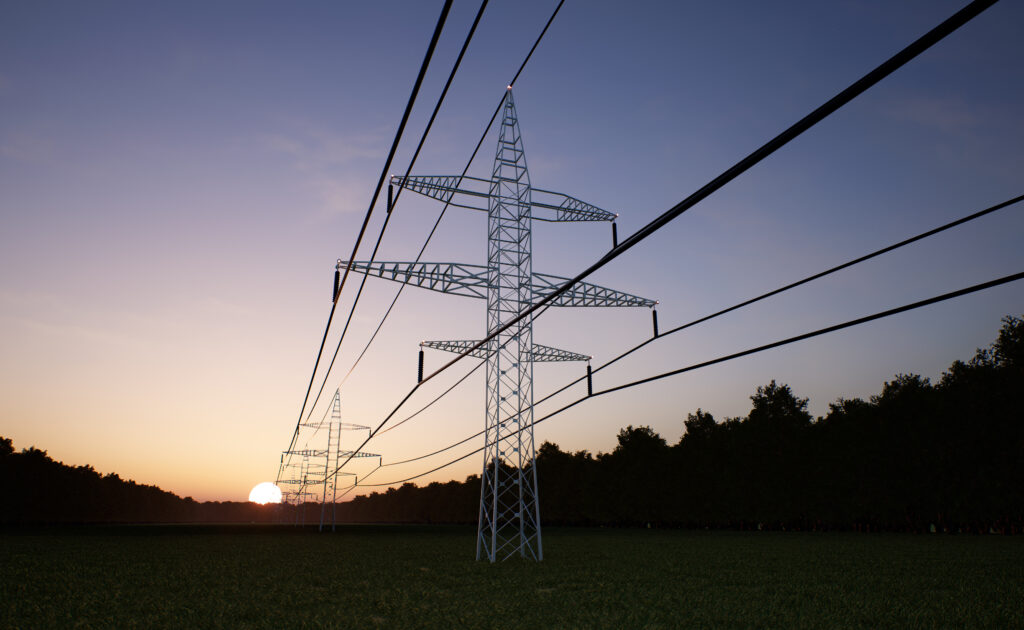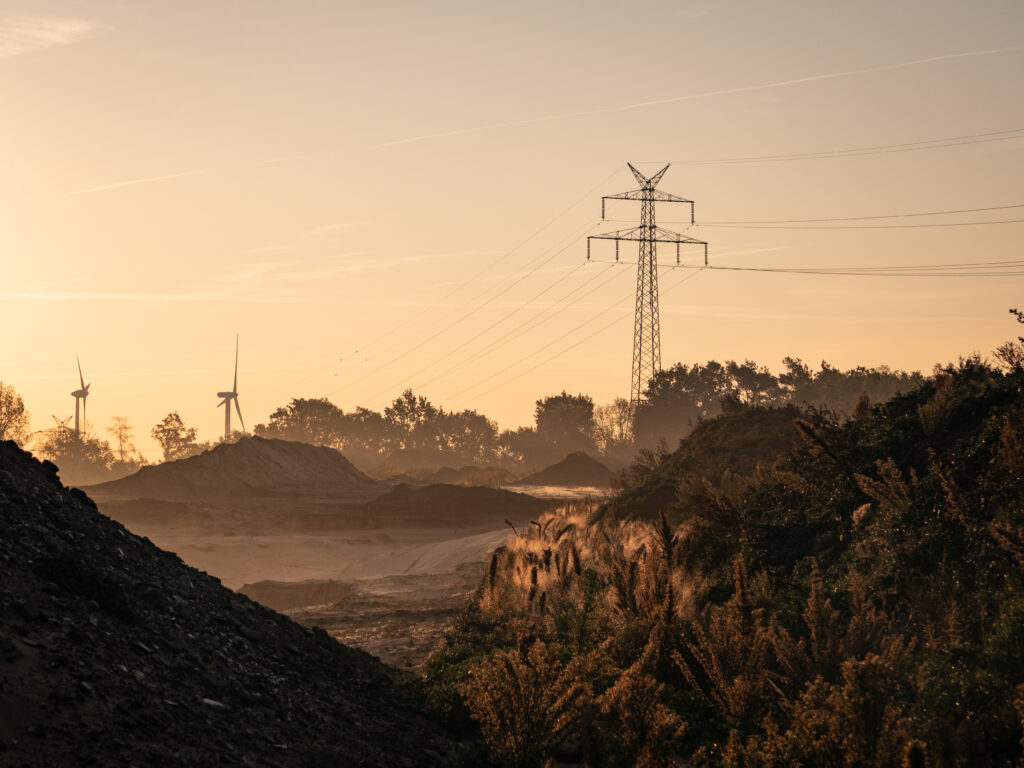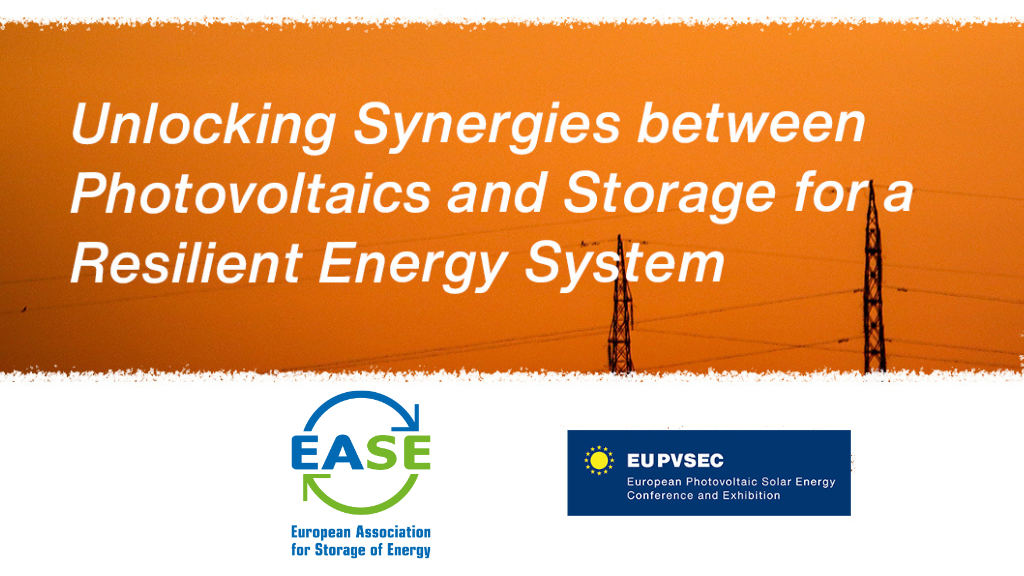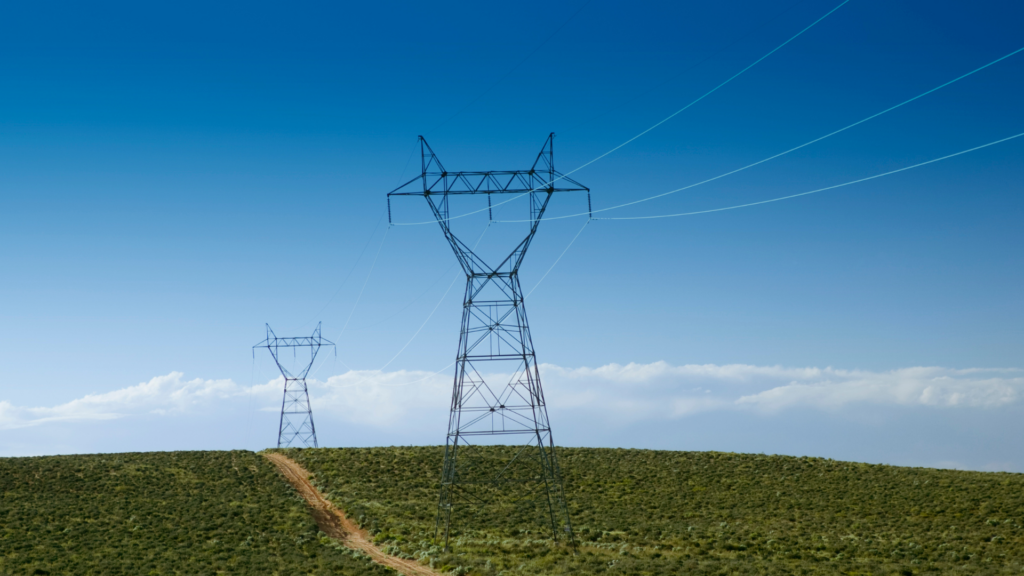March 2020 / Event Reports
Innovation Fund Technical Workshop on Greenhouse Gas Emissions Savings Methodology
The Innovation Fund is the European Union’s upcoming funding programme for the demonstration of innovative low-carbon technologies. The Innovation Fund is a key funding instrument for delivering the European Union’s commitments under the Paris Agreement. Energy Storage, a key enabler of the energy transition, will be one of the solutions this Fund will focus on.
On 5 February 2020 EASE, together, with the European Commission, organised a workshop to highlight how storage can contribute to its Vision of a Climate Neutral Europe by 2050. On 19 March 2020, EASE organised a follow-up technical online workshop on the Greenhouse Gas (GHG) emissions savings methodology for the European Union’s Innovation Fund. This methodology will play a key role in the project selection process. EASE and its members believe the proposed methodology can be significantly improved: the formulas must appropriately value energy storage’s contribution to decarbonisation.
Mr Jakob Wachsmuth, Senior Researcher at Fraunhofer ISI, presented the proposed methodology to EASE members and selected representatives of the energy storage sector who had the possibility to directly engage in a discussion with the two actors behind its elaboration: the European Commission and Fraunhofer.
Several aspects of the GHG emissions savings methodology were touched upon during the workshop, but the discussion mainly revolved around three points. First, the energy storage services considered by the Fund methodology, an important subject as some key applications risk being left out. Secondly, the additionality principle (i.e. that electricity inputs are only considered renewable if they are additional to the renewable electricity that would be consumed anyway) was also discussed: its role in the Innovation Fund and the matter of how a project can be consistent with such principle were considered - different answers would lead to different projects being selected. Finally, the matter of how to calculate GHG emission intensity of the grid was also debated. A formula leading to very high grid GHG emission intensity would risk, among other things, making energy storage’s decarbonisation impact less significant, and might even render all electrolysis-based projects unfeasible.




